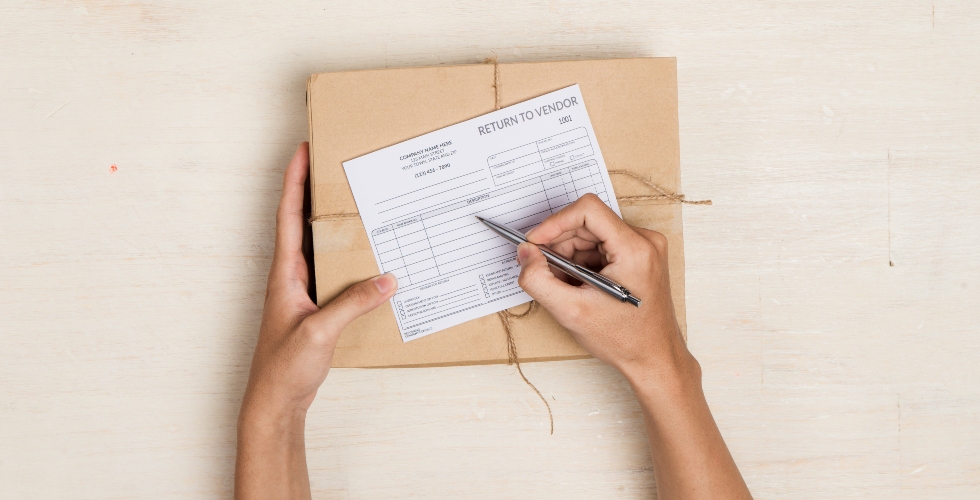Tapping into Switzerland's consumer base is a dream for any business. Residents enjoy a high level of wealth, and most are comfortable with cross-border online shopping, frequently making purchases from international outlets. If your e-commerce expansion strategy is poised to include Switzerland, you'll want to pay careful attention to postage. Sending parcels from the UK isn't overly complicated, but mistakes can and do happen. Here are the most common ones to avoid.
1.Language mishaps
Although many Europeans are multilingual, not everyone speaks English. The Swiss region is home to German, Italian and French speakers, making it essential for your parcels and documents to be legible and understandable to the desired location. Some goods may even need to arrive with a locally appropriate explanation – for example, if your product requires an instruction manual.
2. Not paying attention to restrictions, regulations, and VAT
Switzerland isn't part of the EU, so you will need a customs declaration form.
All consignments coming into Switzerland are subject to VAT. It's important to declare the contents and value of the items on the declaration form so that customs charges can be calculated accordingly.
Gifts sent from private individuals are duty-free if the contents of the parcel are valued under CHF 100.00. As a cross-border distributor, however, you'll have to look into what levies are explicitly applicable for the items and their value. It's important to let your customers know that these costs will be payable by them upon receipt of their goods in Switzerland.
Most imported goods are subject to VAT at 8%, although basic or essential goods only incur a 2.5% VAT charge. If you earn more than CHF 100,000 from your Swiss customers, you'll be liable for VAT to the Swiss Federal Tax Administration.
Restricted items such as medicine, wine, precious metals, foods and spirits, may encounter additional regulations. For comprehensive details on bans, restrictions and conditions, click here.
3.Poor packaging and labelling
Whether travelling by air, rail or road, your package has quite some distance to go between the UK and Switzerland. It's essential to appropriately package your good to ensure that they reach their final destination in excellent condition.
Create and position the label correctly so that your consignment gets to the right destination. The house number and street name are written on the same line, followed by the city name and zip code.
4.Getting customs wrong
All imported goods and services must be cleared with the Swiss Customs Administration. There's nothing more frustrating, for your customer and you, than to have a delivery delayed because of incorrect paperwork or the contents weren't fully disclosed.
There are two types of forms to complete; you'll have to select the form based on the value of your items:
Items valued up to £270: Customs declaration form CN22.
Items valued over £270: Customs declaration form CN23
5.Undercharging for shipping costs
Swiss customers are used to paying for shipping fees when ordering from international vendors. There are, of course, companies that offer free or low-cost shipping options.
If offering free shipping for items over a specific value is one of your draw cards, be sure to calculate the cost so that the promotion won't eat into your profits.
As your business grows and the pressure to deliver a high volume of goods to your Swiss customers increases, it may be a worthwhile idea to look for an experienced logistics partner. At Asendia, we're experts in handling Swiss bound consignments and making sure parcels are delivered with care and accuracy.





